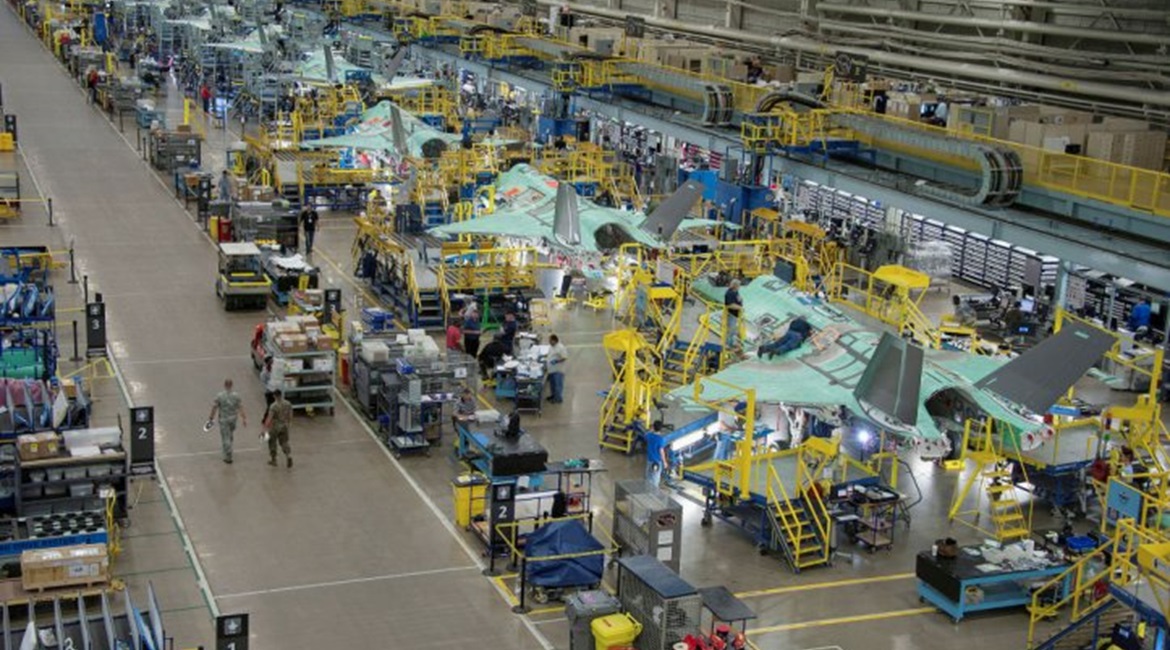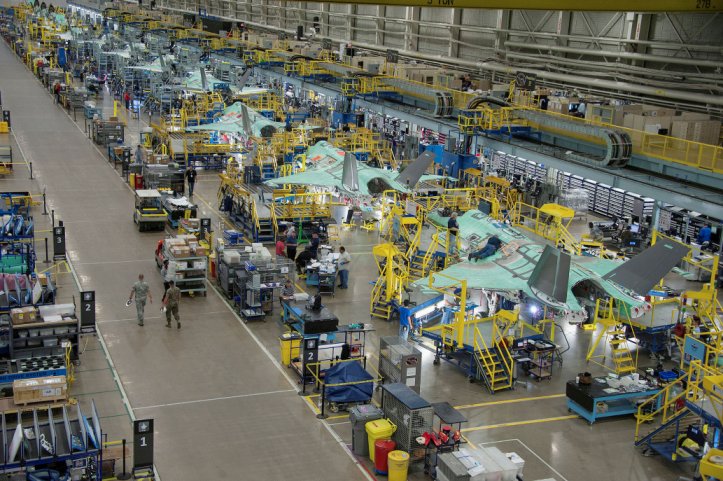
Lockheed Martin has readjusted its delivery schedules for the F-35 Lightning II Joint Strike Fighter (JSF) as the effects of the coronavirus pandemic hit production.

Supplier delays and a new temporary working practice to safeguard its own workfroce against the effects of Covid-19 means that Lockheed Martin is unlikely to hit its 141-aircraft delivery target for this year.
The temporary adjustment, announced by the company on 19 May, is in response to supplier delays caused by employee restrictions resulting from the virus, as well as new working practices being put in place by Lockheed Martin that are designed to mitigate the risks of the virus to its own workforce. Before the pandemic hit, Lockheed Martin said that it expected to deliver 141 F-35s of all variants to US and international customers this year. The company now reportedly expects this number to be between 117 and 123.
“Lockheed Martin is taking proactive measures to mitigate impacts and position the programme for the fastest possible recovery by adjusting work schedules, maintaining specialised employee skillsets, and accelerating payments to small and vulnerable suppliers to continue meeting customer commitments,” the company said in a statement, adding, “[On 19 May] Lockheed Martin and the International Association of Machinists and Aerospace Workers (IAM) agreed to a temporary alternate work schedule for F-35 production line employees in Fort Worth to maintain their skilled workforce.”
According to Lockheed Martin the new schedule will come into effect on 23 May and will see each shift divided into three groups. On a rotation, each group will work for two weeks and then have a week off. During the adjusted three-week work schedule, employees who work 96 hours or more will be compensated an additional 24 hours for their off week while receiving full pay and benefits.
Looking to read the full article?
Gain unlimited access to Janes news and more...






